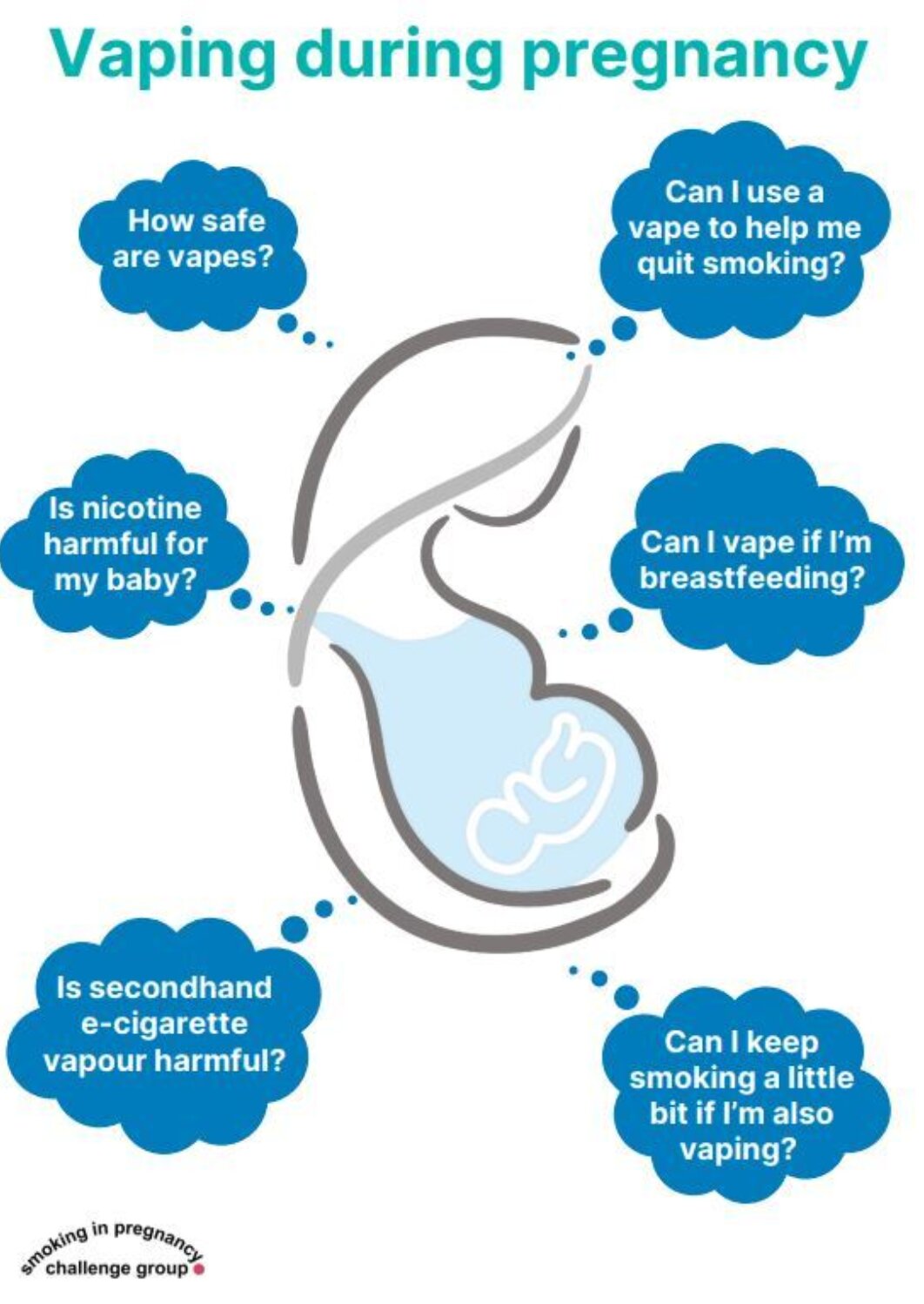Electronic cigarettes are often marketed as safer alternatives to smoking, but during pregnancy, they pose significant risks. Contrary to popular belief, e-cigarettes contain nicotine, chemicals, and toxins that can harm fetal development.
Key Risks for Pregnancy
Nicotine exposure through e-cigarettes increases the likelihood of complications such as preterm birth, low birth weight, and placental abnormalities. Studies show that nicotine disrupts oxygen supply to the fetus, potentially leading to long-term cognitive and behavioral issues in children.

Urgent Note: Quitting immediately minimizes these dangers, as even reduced use does not eliminate risks entirely.
Why Quitting Is Non-Negotiable
Continuing e-cigarette use endangers maternal and infant health. It reinforces addiction, making cessation harder over time. The goal is complete abstinence to ensure the safest pregnancy outcome.
Crucial Safety Tips to Quit Effectively
Adopt a structured approach for successful cessation. Consult healthcare providers before starting any plan.
- Seek Professional Guidance: Work with doctors or counselors who specialize in prenatal care. They may recommend nicotine replacement therapies like gums or patches, proven safe under medical supervision.
- Build a Support Network: Join support groups for pregnant individuals to share experiences and accountability. Enlist family or friends to create a nicotine-free environment.
- Use Behavioral Strategies: Identify and avoid triggers through mindfulness or distraction techniques. Set specific quit dates and track progress to stay motivated.
- Prioritize Non-Pharmacological Aids: Emphasize exercise, balanced nutrition, and hydration to manage cravings. Apps focused on pregnancy wellness can offer daily reminders and encouragement.
Remember, quitting early reduces harm substantially. Focus on holistic health for both mother and baby.








